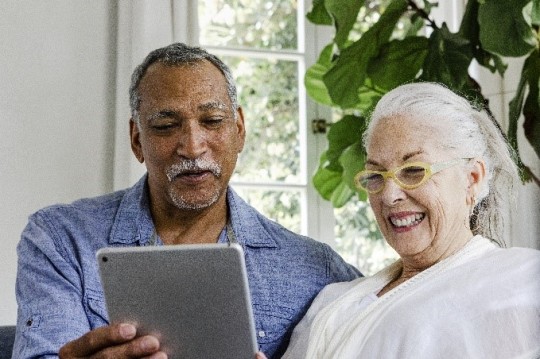The risk for severe illness from COVID-19 increases with age, with older adults being the highest risk. Severe illness from COVID-19 may require hospitalization in intensive care, with a ventilator to help them breathe, or even loss of life. If you are a caregiver of an older adult, there are steps to take to keep yourself and loved one safe this summer should you need to venture out in the COVID pandemic.
Getting Ready to Go

There is no way to ensure you have zero risks of infection; if we depend on others and include others in our lives, we can only be responsible for so much. As communities begin to open a little more as time goes on, you may want to enjoy some of the things you used to. Unfortunately, COVID-19 is still very prevalent, and with many areas all over enduring wave after wave of the rise in infections, you must always be vigilant in reducing your risk.
Plan ahead. Look into peak hours of visitation, and plan somewhere outside if possible. Find out if there are any restrictions regarding visitation numbers and designated hours, if people required to wear masks, etc. Groups from the same household do not need to stay 6 feet apart, but others need to keep a distance. Investigate what they are doing to sanitize in between groups and if the staff wearing personal protection equipment (PPE). Cancel plans if anyone in the group or you are sick.
What to Pack
Since the outdoors is the ideal area to commune, you will want to start with plenty of water to keep hydrated. Older people are more
prone to heat stress illnesses such as heat stroke, so packing plenty of water, ensuring there will be adequate shade, and wearing loose, breathable clothing are some great starts.
Packing extra masks, in case yours becomes broken somehow, antibacterial wipes for the restrooms and seating areas and hand sanitizers of at least 60% alcohol should be on the list as well.
Stick to the Basics Outside
Social distancing rules and ways to reduce your risk have not changed since the onset of COVID-19. Here are some reminders when going out in public, or visiting family and friends:
- Stay 6 feet apart from people not in your household
- The longer you stay around someone, not in your home, the more your risks increase
- Wear a mask, or cloth covering
- Properly wash your hands
- Don’t touch your mask or face
- Sanitize where there is no soap and water to wash your hands
- Stay home if you feel sick

If you are looking to get out of the house and make a difference, consider participating in clinical research studies. Most clinic sites are keeping up with or exceeding CDC sanitation guidelines, and some offer virtual or phone visits as an alternative to face to face. To learn more about how you can get involved in the upcoming studies at The Neuropsychiatric Research Center of SW Florida, call (239) 939-7777, or visit us here.
References:
https://www.cdc.gov/coronavirus/2019-ncov/need-extra-precautions/older-adults.html
https://caregiver.com/articles/heat-stress-elderly/
https://www.cdc.gov/coronavirus/2019-ncov/daily-life-coping/deciding-to-go-out.html





